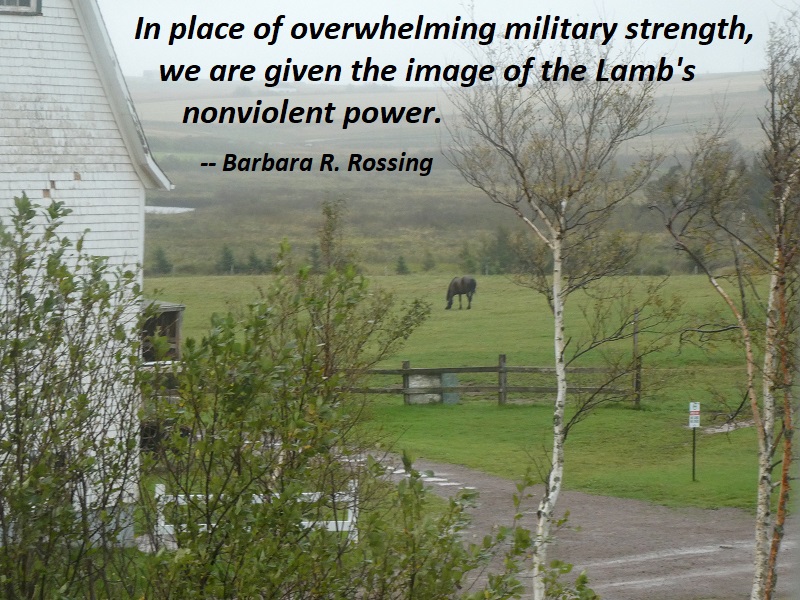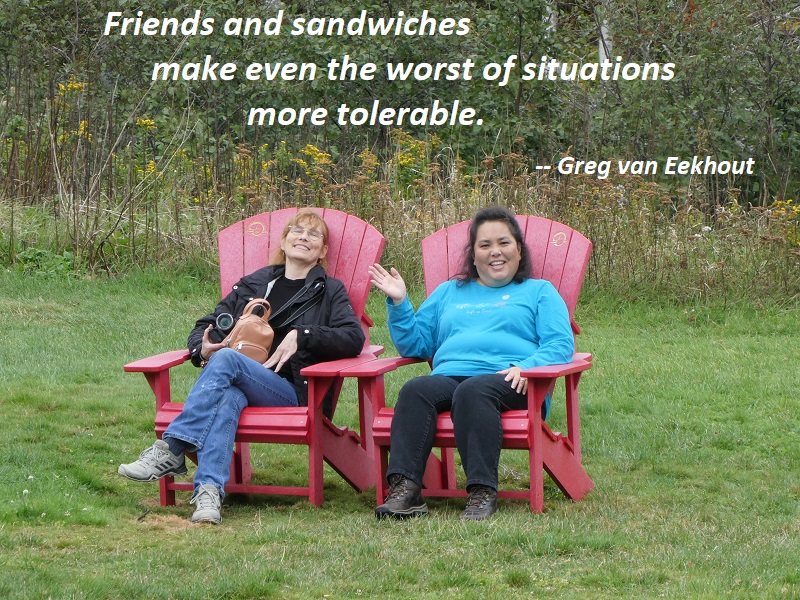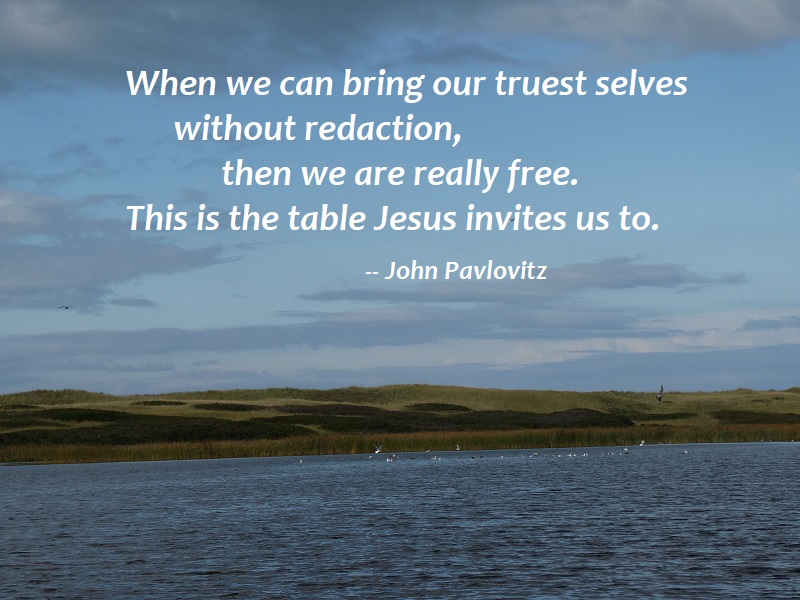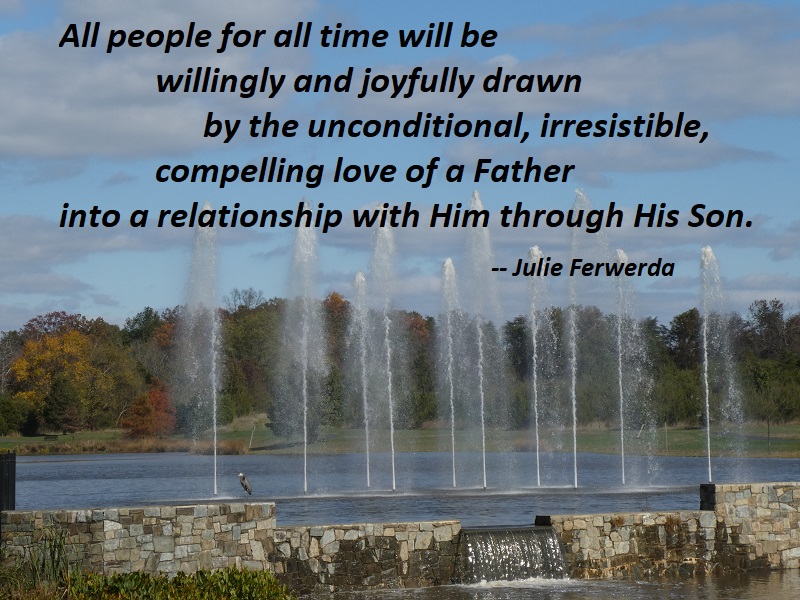His Kind of Eyes
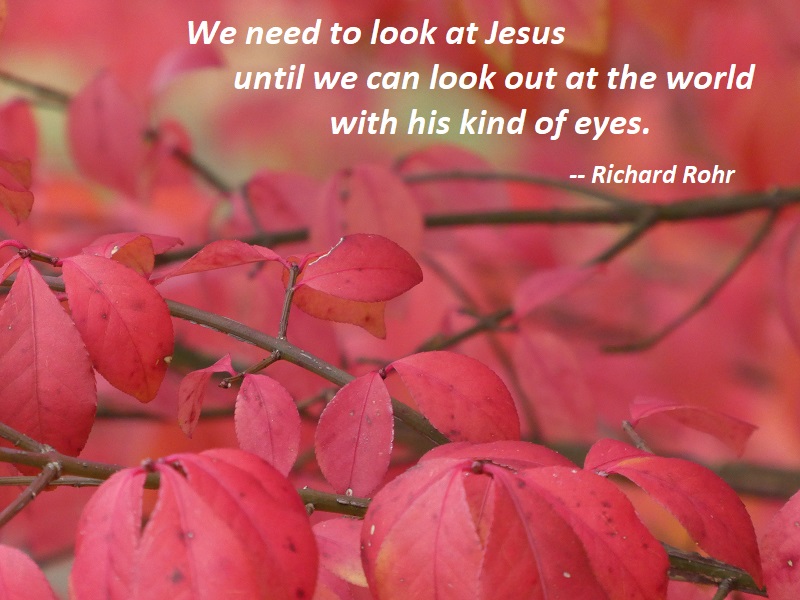
Have you ever noticed that the expression “the light of the world” is used to describe the Christ (John 8:12), but that Jesus also applies the same phrase to us? (Matthew 5:14, “You are the light of the world.”) Few preachers ever pointed that out to me.
Apparently, light is less something you see directly, and more something by which you see all other things. In other words, we have faith in Christ so we can have the faith of Christ. That is the goal. Christ and Jesus seem quite happy to serve as conduits, rather than provable conclusions. (If the latter was the case, the Incarnation would have happened after the invention of the camera and the video recorder!) We need to look at Jesus until we can look out at the world with his kind of eyes. The world no longer trusts Christians who “love Jesus” but do not seem to love anything else.
–Richard Rohr, The Universal Christ, p. 31-32
Photo: South Riding, Virginia, November 23, 2019
